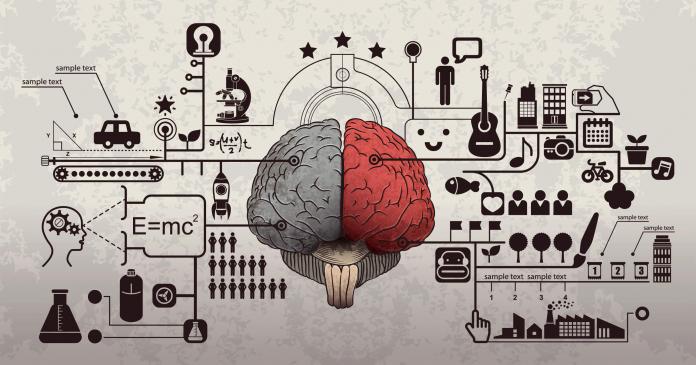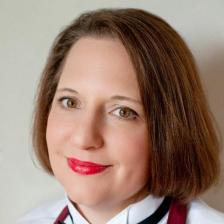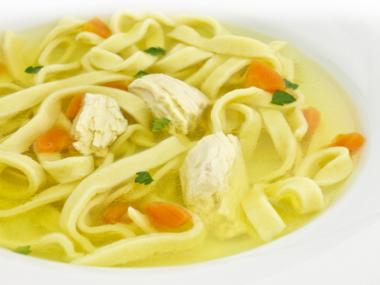How to Use Sensory Science to Improve Your Eating Habits
Registered Dieititian and food scientist Annette Hottenstein explains how you can use sensory science to eat better and lose weight.
I’m excited to introduce you to Annette Hottenstein, who is a registered dietitian as well as a sensory scientist. She’s the host of a new podcast called the Food Sommelier and I’ve asked her to join me to tell us a little bit more about her work and to find out how we might be able to use sensory science to improve our nutrition.
Here are some highlights from our conversation. You can listen to the entire interview by clicking on the player in the upper right hand corner of this page, or on Stitcher, iTunes, or Spotify.
Nutrition Diva: In addition to your nutrition training, you are also trained as a food scientist. Can you tell us more about what a food scientist does?
Annette Hottenstein: Food science combines engineering, chemistry, and biological sciences as they relate to food. Many food scientists work in the food industry and I previously worked for Cargill flour milling, PepsiCo, and McCormick spices. A lot of food scientists also work for the government, in agriculture or in public health.
Technically, I’m a “sensory scientist” but since many people have no idea what that is, I often refer to myself as a professional taste tester. We are the ones who plan, conduct, and analyze taste tests. Sensory scientists also have a good understanding of consumer psychology, statistics, and physiology as it relates to the five senses.
ND: Big food companies employ sensory science to make their products more appealing and sometimes that leads us to eat too much of foods that aren’t that good for us. How can we use sensory science to improve our enjoyment of healthful foods?
AH: Yes, sensory science is often employed to find out the optimum formulations for new food products. And it’s true that most humans crave fat, sugar, and salt and this is what the food industry too often provides. But sensory science can also improve the way we enjoy healthy food. One of my goals is to translate this information for the general public. I even coined the phrase ‘food sommelier,’ which really is all about enjoy healthy foods like a glass of fine wine.
ND: What are some ways we can use sensory science at home?
AH: One simple tip is to remember to use all five senses to appreciate food: Really admire the color of the apple you are eating. How does the apple feel in your hand and on your tongue? Is the apple more sweet or tart? What aromas does the apple have: it might be perfumey or spicy or perhaps remind you of other fruits, maybe having a pear-like character. What noise does the apple make when you bite into it? Slowing down and realizing that eating is really a multi-sensory experience is extremely helpful.
ND: Tell us about how your approach to food appreciation can support weight management.
AH: The first thing that needs to change is our perception. I think a lot of people think that healthy eating equals deprivation. This is really not that case. It’s really about eating smaller portions of higher quality foods and enjoying them more.
I always marvel at people who can stop at just one bite of dessert. But it turns out they may be on to something. Research from Stanford University reveals that people usually like the first bite of a food the best, and each subsequent bite seems a little less tasty. And if
you eat to being uncomfortably full, your enjoyable memories of that food will be lessened. This is a concept known as sensory specific satiety. So, if you want your food to be good to the last bite, keep your portion size small.
Another thing that we can do is to be pickier about what you eat. Being “picky” means not eating something unless it’s REALLY good. If your dinner is tasteless and cold, don’t finish it. If the buffet food tastes bland, let the waiter take it away. If the cake is tasteless, just take one bite and stop. Only clean your plate if you truly enjoy the food and if it’s a “5-star” dish. If you are worried about wasting your food, then be sure to adjust your portion sizes accordingly.
I have more tips in my free report: Food Appreciation for Weight Management
ND: Annette and I would both be interested in any questions or comments you might have about sensory science and how it impacts nutrition. You can post your thoughts below or on the Nutrition Diva Facebook page. And remember to check out Annette’s Food Sommelier podcast and website as well.








